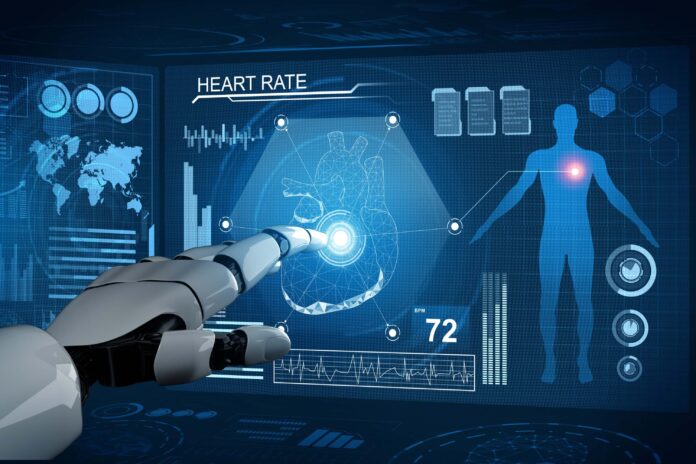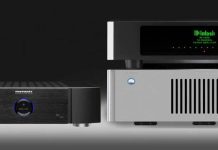Hospitals are now using AI in emergency rooms and ICUs. It’s making life easier for medical professionals and helping save high-risk patients.
It’s helping in ways you might not expect, though.
Instead of assisting people directly in operations or working with patients, it’s helping in other ways. If you’re interested in learning how machine learning plays a part in healthcare, consider reading ahead.
Medical Image Analysis
One way machine learning is helping in healthcare is via medical image analysis. AI in healthcare can be trained to read into medical images, like X-rays, MRIs, and CT scans. It can learn to detect abnormalities and identify patterns.
Machine learning algorithms can quickly scan through images. This helps doctors make accurate diagnoses and potentially improve the likelihood of a treatment plan working. It could detect spots in an MRI scan and point it out to a doctor, where it might’ve been overlooked along with any potentially related symptoms.
Professionals in healthcare can even take advantage of machine learning to build an app that organizes this information. One example is builder.ai, a service that can be used to create HIPAA-compliant healthcare apps without needing a single line of code.
Natural Language Processing
AI is also paving the path for healthcare automation. Hospitals can use machine learning algorithms. They can scan large amounts of medical data, like electronic clinical notes and medical records. Afterwards, they extract any critical information from these and identify trends.
This information can then be exported in a more readable format. This process can also help doctors with the efficiency and accuracy of their records and decision-making processes. It’s possible to train a machine learning algorithm to analyze patient data. Then, it can automatically compile medication they’re already taking. This could prevent doctors from prescribing medication that may not mix well with what they’re already taking and cause adverse effects.
Predictive Modeling
Predictive modeling seems to be the most exciting way machine learning is finding its way in healthcare. It’s a method by which machine learning algorithms analyze large amounts of patient data. It uses the data to make predictions about future health outcomes.
Doctors could provide the algorithm with a patient’s lifestyle choices, medical history, and genetics. Then it could predict their likelihood of developing diabetes. Doctors can then intervene early and use preventative measures to reduce the patient’s risk of diabetes.
Machine Learning in Healthcare
Machine learning in healthcare brings many similar benefits to those it provides to other industries. It’s an easier, faster, and more efficient way to process data related to patients. Additionally, adding an app to the mix provides a simple interface for medical professionals.
Medical image analysis, natural language processing, and predictive modeling are already drastically changing how the healthcare system in certain regions functions overall. The best part? This is just the beginning.
It’s now possible to start building a healthcare app today using AI. Consider looking into it today, as you’re only a few steps away from having your own healthcare app.
































